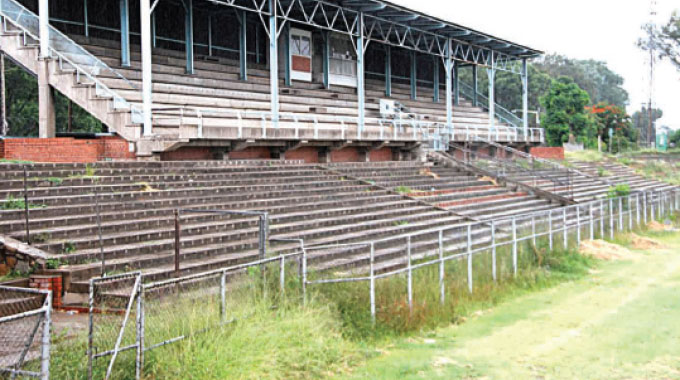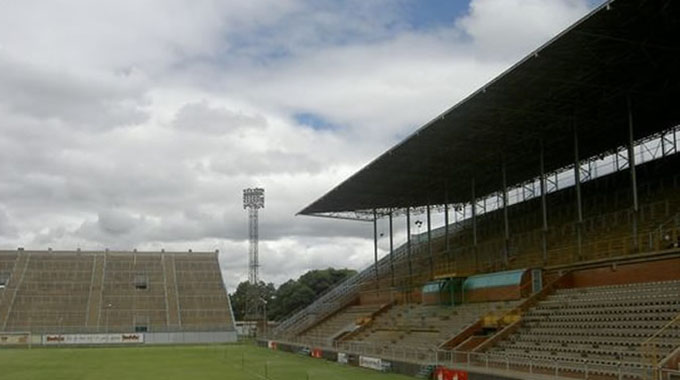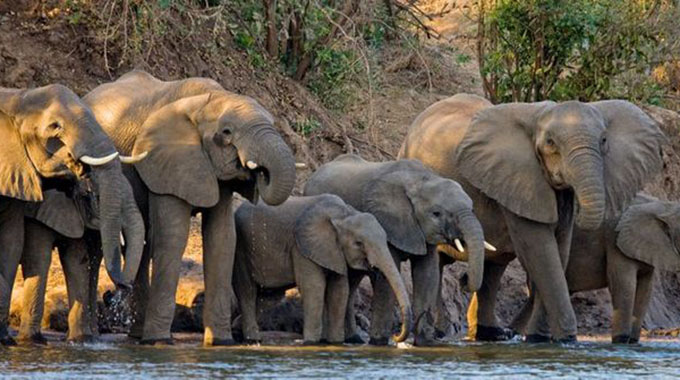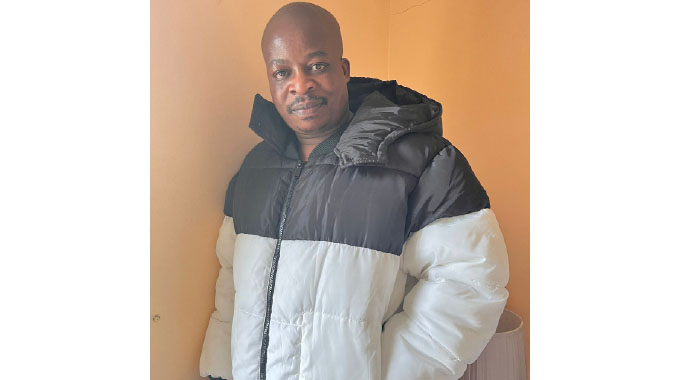Football’s forgotten fortresses

Grace Chingoma-Senior Sports Reporter
ONCE upon a time, domestic top-flight football used to be played in almost every corner of the country, with well-kempt football facilities producing local heroes that easily identified with the supporters at their home grounds.
But years of neglect and lack of investment in facilities have dampened football development and thrown into dustbins of history the exciting weekends of football that used to grip many local communities in the country.
There was a time when clubs in the top-flight football league had their pick of home grounds. The ones that easily come to mind include Rufaro, Gwanzura, Danny Bismarck, Baghdad in Kwekwe, Mhangura, Maglas, Chibuku, Motor Action Sports Club and many others which can no longer host Premiership football.
Most of the clubs are now extinct, and so are the facilities. Motor Action won the 2010 championship playing at their Motor Action Sports Club (formerly Callies), Arcadia United were a huge force at Danny Bismarck and, at the turn of the new millennium, there were the likes of Lengthens taking top-flight football to Dzivaresekwa and Circle United using their home ground in Mabvuku.
Buymore played at Chibuku in Chitungwiza, while Premier League football clubs travelled the length and the breadth of the country to play in places such as Dulibadzimu in Beitbridge, which was home to former league side Underhill, Trojan Mine ground, home to defunct Mwana Africa, Mhangura which was home to defunct league side Mhangura and Hwange’s Colliery. Amazulu had their own home ground, now taken over and being worked on by Bulawayo Chiefs.
Most of the grounds were owned by local authorities, who somehow have allowed them to run down because of poor maintenance. Others were owned by mines which were affected by global decline in the prices of the minerals they dealt in, such as copper in Mhangura.
Communities in the areas around the stadiums look back with fondness at the facilities. Mhangura was home to talented players such as Gift ‘’Guava’’ Kamuriwo and Jani Milanzi.
The late Zambian Webster Chikabala led the team as a player/coach to the BP Cup final but eventually lost to Dynamos. The stadium is now being used by Nyau dancers and donkeys have also made a shelter from the facility.
Rufaro, besides hosting the Independence Day celebrations that marked the birth of Zimbabwe, also hosted the first Warriors match ever.

Rufaro Stadium
Zimbabwe played against Zambia in that historic Independence Day final in which legend Sunday Chidzambwa captained the team to a 2-1 emotional victory against Chipolopolo as part of the inaugural Uhuru celebrations in which the late legendary reggae musicians Bob Marley sang in April 1980.
Harare giants Dynamos, the most successful club in the country, have a strong attachment with Rufaro, which has been their home for several years and endearing them to most of the local football enthusiasts.
Gwanzura was the home ground of Black Aces, the PSL champions in 1992. Yesteryear fans still recall the team and those glorious moments with much fondness.
Stadiums were local institutions, and were part of leisure and recreation for most communities they were based in. They hosted football games, which were the major attraction. They hosted athletics meets and music shows. Most of them had three or four grounds outside the main arena, where junior football teams trained and played.
Baghdad was a fortress of Lancashire Steel in Kwekwe, and the team was unbeatable at home. A number of players such as Patrick Mandizha, Luke Petros-Jukulile, Petros Sibanda, Tafadzwa Dube, Washington Arubi and Justice Majabvi shone in that stadium.
Baghdad was home to Lancashire Steel while Maglas was home to Shabanie Mine, the Madison Trophy champions in 2001. They had great players like Thomas Makwasha, Asani Juma and Albert Mbano who were local heroes in Zvishavane.
In Kadoma, fans still have memories of John Rugg’s ultra-tough Rio Tinto team, which pushed Dynamos all the way in a riveting championship race in 1983 only to lose the battle on goal difference.
Legends Ephert Lungu, Gibson ‘’Geza Mushina’’ Sibanda, Joseph Zulu, Wonder Phiri, Joshua Phiri, Robert Godoka, Barnabas Likombola, Graham Boyle, Phineas Mutyavaviri and Byron ‘’Piri Piri’’ Manuel are some of the players that played for the team at Rimuka where Raphael Phiri and other Kadoma-based legends became household names.
But all these facilities have been run down by local authorities, who do not see any value in sport.
Some of those venues have actually been turned into residential areas while others still stand as a reminder of their glorious past.
In that vein, Sakunda Holdings’ brave effort to take over Rufaro Stadium and restore it to its former glory is a welcome development for the domestic football fraternity.
Coupled with the work being done by Ambassador at Large, Uebert Angel, on Gwanzura and the corporate support that went into the renovation of Barbourfields a few years ago, there is now a glimmer of hope that football will be returning to its spiritual homes soon.
At the moment, Premier Soccer League teams in Harare are using the National Sports Stadium or travelling to Ngezi and other places for their home games as there is only one usable stadium in the capital city, which currently hosts seven PSL teams.











Comments